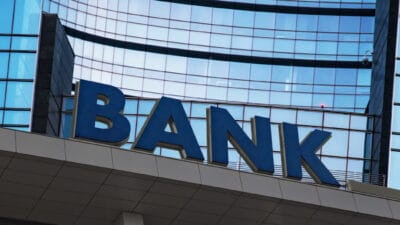Due largely to its shares trading ex-dividend this morning, the National Australia Bank Ltd (ASX: NAB) share price has been amongst the worst performers on the S&P/ASX 200 index with a decline of 5% to $24.22.
Is this a buying opportunity?
If you don't already have meaningful exposure to banking sector, then I think this could be an opportunity to pick up the banking giant's shares.
Whilst NAB certainly didn't deliver the strongest half year result, there was enough in it for me to remain positive on its longer term prospects.
Furthermore, with the bank opting to cut its interim dividend to a fully franked 83 cents per share (and likely to do the same with its final dividend), I believe it is now at a level that is both sustainable and will allow it to achieve the unquestionably strong capital requirement from 2020.
It is worth noting also that despite the cut it is still one of the most generous dividends on the Australian share market.
If NAB cuts its final dividend down to 83 cents per share as well, it will mean a forward fully franked 6.85% dividend yield.
As a comparison, Australia and New Zealand Banking Group (ASX: ANZ) shares currently offer a trailing fully franked 6.1% dividend and Commonwealth Bank of Australia (ASX: CBA) shares offer a trailing fully franked 5.9% dividend.
The biggest dividend yield on offer with the big four banks is the trailing fully franked 7% dividend yield provided by Westpac Banking Corp (ASX: WBC) shares. Though, it is worth noting that there is speculation that Australia's oldest bank may be next in line to cut its dividend.
I'm not alone in thinking that NAB is a buy. According to a note out of Goldman Sachs, NAB is the broker's preferred pick (and only buy-rated big four bank) due to its belief that its return on tangible equity outperformance is sustainable, its positive volume tailwinds from its overweight exposure to SME lending, cost out opportunities, and portfolio de-risking.
The broker has a buy rating and $30.24 price target on its shares, which represents upside of almost 25% for them over the next 12 months.








